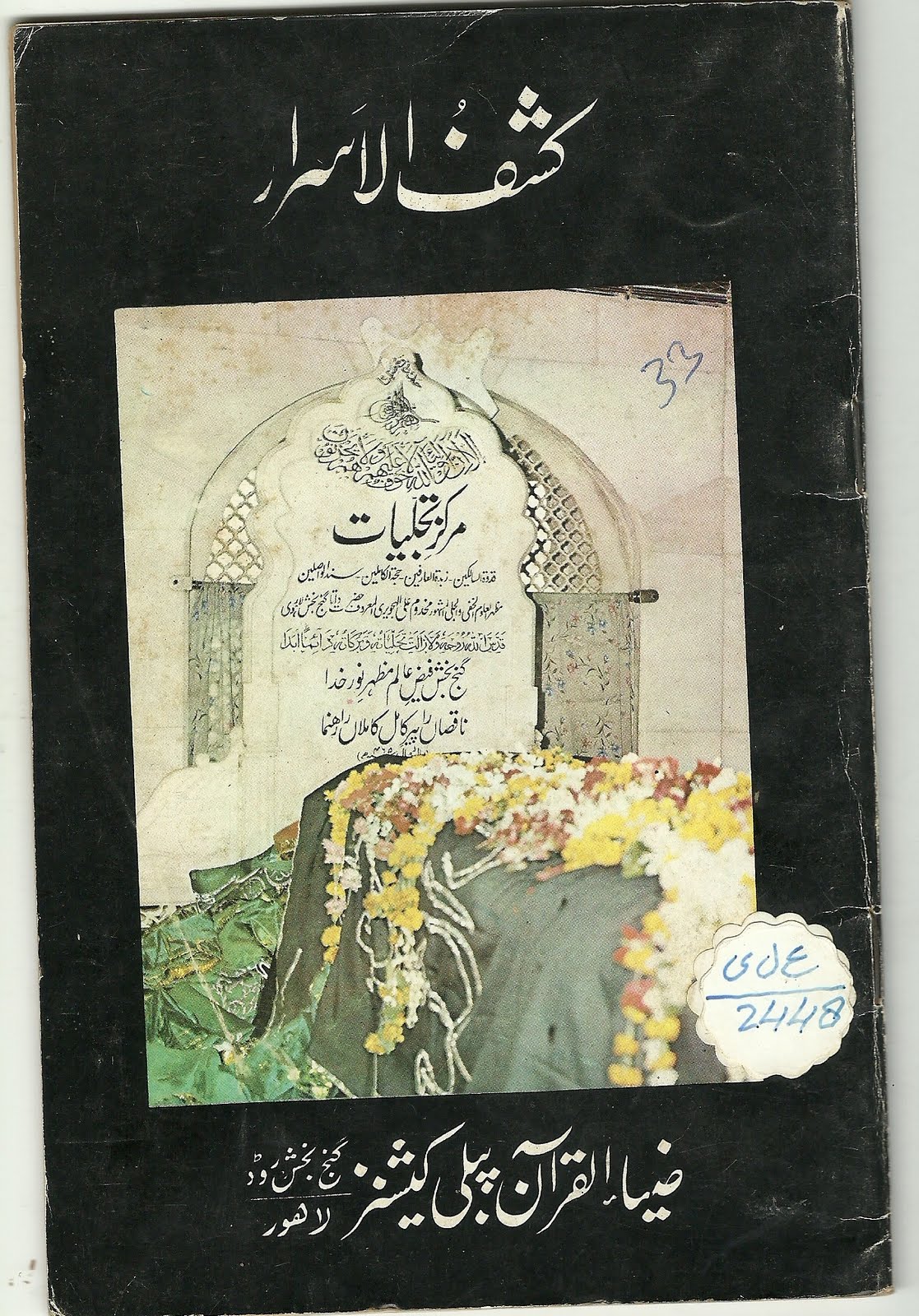

The sign of Satan “Khomeini” exposed from his book “Kashaful Asrar” A refutation of Shia CultBe An Effective Christian. This book contains the original Persian text written by.Author:Vudojinn YozshumCountry:LaosLanguage:English (Spanish)Genre:PhotosPublished (Last):4 November 2009Pages:277PDF File Size:11.93 MbePub File Size:5.27 MbISBN:748-4-64944-438-7Downloads:12779Price:Free.Free Regsitration RequiredUploader:He abandoned his clerical training after this event and enrolled in the American Memorial School of Tabriz. Kashf ul Asrar English Translation with Persian Text: is the translated English version. Of Ruhullah Khomeini, particularly his conviction. Printable Version of This Page Kashf-ul-Israr What we have seen in the preceding pages about the beliefs. Political science.Kashf Al-Asrar / کشف الاسرار roholah khomeini on.FREE.

"Status and the influence of Kashf al-Asrar on political developments in Iran's contemporary history" (PDF). Archived from the original on 13 February 2013. "Historical and content reaserch about Kashf al-Asrar book". "Political Legitimacy in Khomeini's Kashf-i Asrar (The Unveiling of Secrets)" (PDF). Authority and Political Culture in Shi'ism. ^ a b c d e Saïd Amir Arjomand (1988).At the beginning of the third chapter of Kashf al-Asrar, Khomeini responds to five of the nine questions asked in The Thousand-Year Secrets. At the end of The Thousand-Year Secret, Hakamizada asks some challenging questions and invites responses from readers. The book's third, fourth, and fifth chapters include a discussion of government in the contemporary age. The second chapter contains Hadith of Position, Hadith of the two weighty things, and proof of the concept of Imamah by verses of the Quran. In the first chapter, "Tawhid", Khomeini answers criticisms of Shia Islam by Baháʼí Faith.

Kashf al-Asrar consists of six chapters, the ordering of which mirrors the division of content in The Thousand-Year Secrets: " Tawhid", " Imamah", "The Clergy", "Government", "Law", and " Hadith". Khomeini also attacks Wahhabism and its "idolatrous" devotions, Baháʼí scholar Mírzá Abu'l-Fadl and Shia scholar Shariat Sanglaji. The book defends against Hakamizada's attacks against such Shia practices as the mourning of Muharram, ziyara, the recitation of prayers composed by the Imams, clerical fostering of superstitious beliefs to perpetuate their own power, belief in the intercession of Muhammad and his descendants and the lack of any explicit mention of Imamate in the Quran.


 0 kommentar(er)
0 kommentar(er)
